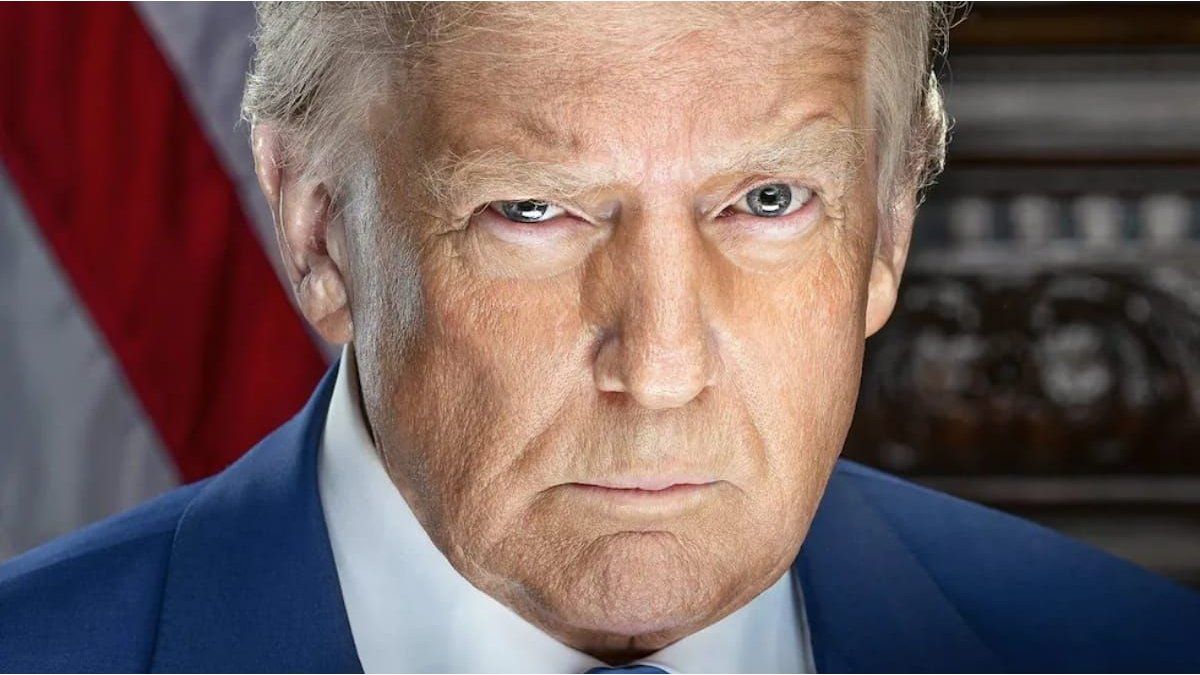The President Donald Trump celebrates this Sunday the first semester of his second term, Proclaiming that “the United States resurrected” after what qualifies as a “year of national death.” In a message posted on his social Truth network, the president said that his current management is “one of the most acclaimed in presidential history.”
But behind his discursive euphoria, the first six months of Trump’s second term were marked by controversial decisions, diplomatic conflicts, migratory hardening and a growing concern among his own supporters for the management of the Jeffrey Epstein case.
Tariffs: an aggressive strategy
In April, Trump reactivated his old protectionist impulse with the imposition of 10% global tariffs. In addition, he threatened dozens of countries with taxes between 20% and 40% if they did not renegotiate their commercial agreements. Although he achieved partial agreements with the United Kingdom, China, Vietnam and Indonesia, other historical allies such as Canada (35%) and Mexico (30%) received notifications of new tariffs.
China accepted a temporary tariff truce, With significant reductions while negotiations continue. The European Union, however, is still in dispute, despite the pressure of the president, which already announced a 30% tariff to Brussels.
At the international level, Trump ordered substantial cuts to foreign aid and required to NATO members increase their military expenditure from 2% to 5%. Relationships with Latin America were especially raised: from their attempt to recover control of the Panama Canal to tension with Brazil, Colombia and Mexico for migratory issues.
Its foreign policy has also included new pressures on Russia to achieve an agreement in Ukraine, unconditional support for Israel and joint attacks with Netanyahu to Iranian facilities. To this is added a diplomatic offensive to reduce the influence of China in strategic areas of the American continent.
Immigration: hard line and internal protests
One of the most visible axes of this new cycle was the immigration policy, now more radical. The president reinforced the financing of the ICE to intensify raids and accelerate deportations, which caused strong protests in cities such as Los Angeles, repressed with the intervention of the National Guard and Marines.
The Government also eliminated the temporary protection status (TPS) for thousands of immigrants from countries such as Venezuela, Haiti, Nicaragua and Afghanistan. In parallel, he authorized deportations to third countries, with transfers to high security prisons in El Salvador, Guantanamo and a federal prison in Florida nicknamed “Alcatraz Caimán”.
Donald Trump
The imposition of tariffs generated a strong change on a global scale
Taxation, internal ruptures and the return of Epstein
In Congress, Trump managed to approve a Ambitious fiscal reform with broad cuts to public spending. However, the project will raise the deficit in 2.8 billion dollars, generating criticism between moderate sectors of the Republican party.
On the political level, He surprised his break with Elon Musk, who accused him of boycotting his management at the head of the Department of Government Efficiency (Doge). Musk also slid a direct accusation: the alleged link of the president with the intimate circle of Jeffrey Epstein.
Six months after his return to power, Trump faces an unexpected crisis within his own base. Thousands of followers demand that he fulfill his promise to declassify all the information related to Epstein, whose suicide was confirmed by the FBI, but remains involved in conspiracy theories.
Lto recent documents by the National Intelligence Director, Tulsi Gabbard unleashed a political storm. According to Gabbard, there is evidence of a conspiracy headed by Barack Obama and Hillary Clinton to prevent Trump’s arrival in power in 2016. Declassified documents suggest that Russia would not have intervened in the elections as sustained until now.
Trump responded by demanding Wall Street Journal for linking it with Epstein in a allegedly “obscene” letter sent by his 50th birthday. In turn, he promised to publish “all credible information” of the case and release testimonies from the Grand Jury that still remain under reserve.
Source: Ambito




